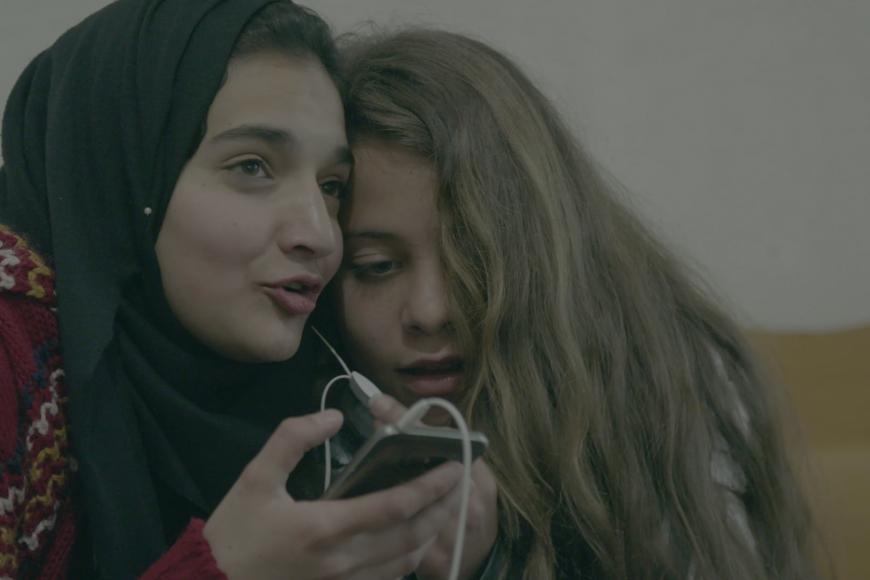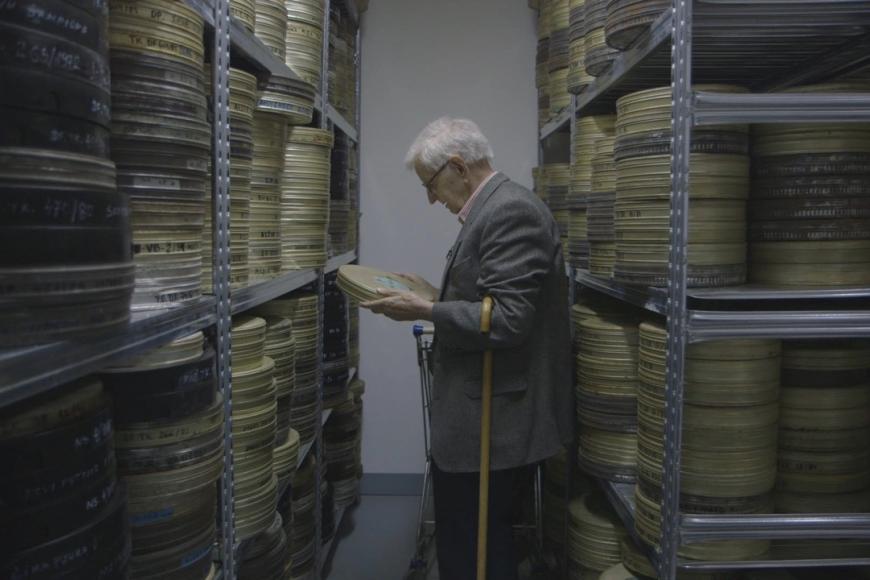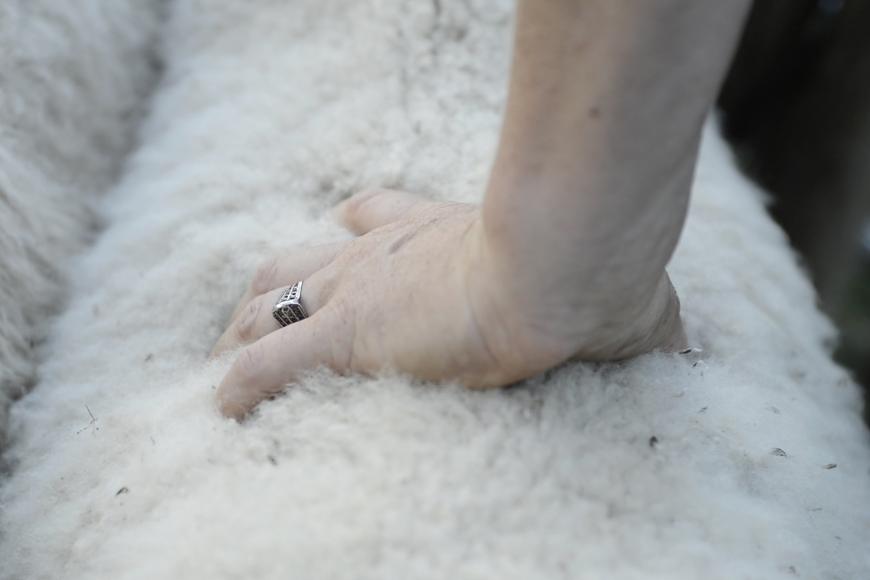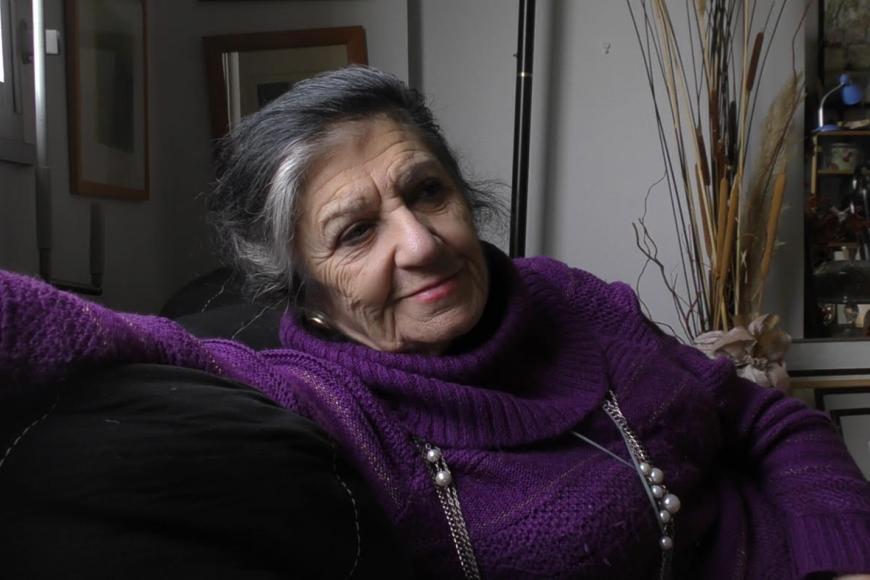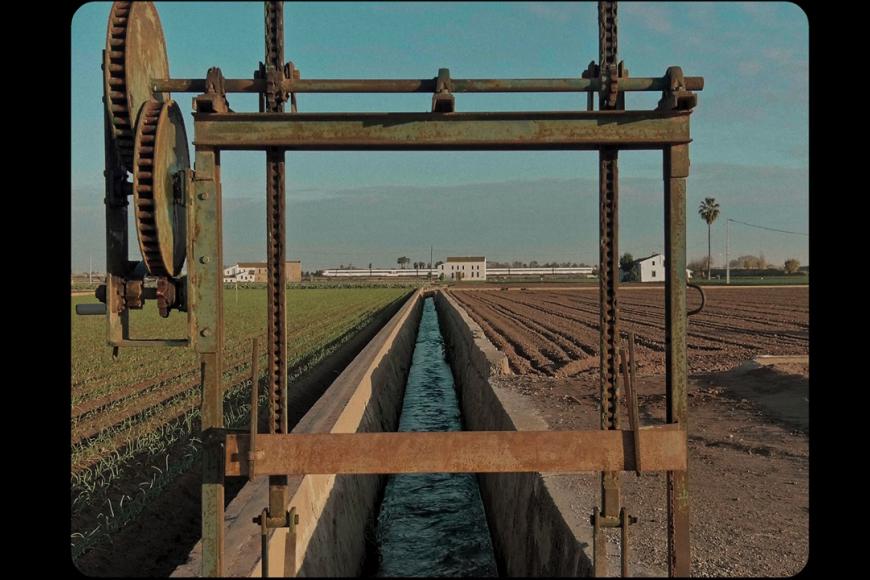
Camagroga
The Huerta Valenciana is a unique cultural landscape of fields and plantations. For generations this region, mainly planted with perennially rotating crops of tigernuts, artichokes and onions, was regarded as the vegetable garden of Spain. “Camagroga” is a filmic elegy about peasant pride and how it is inscribed in the physiognomies, gestures and postures of the people behind these agricultural products.

